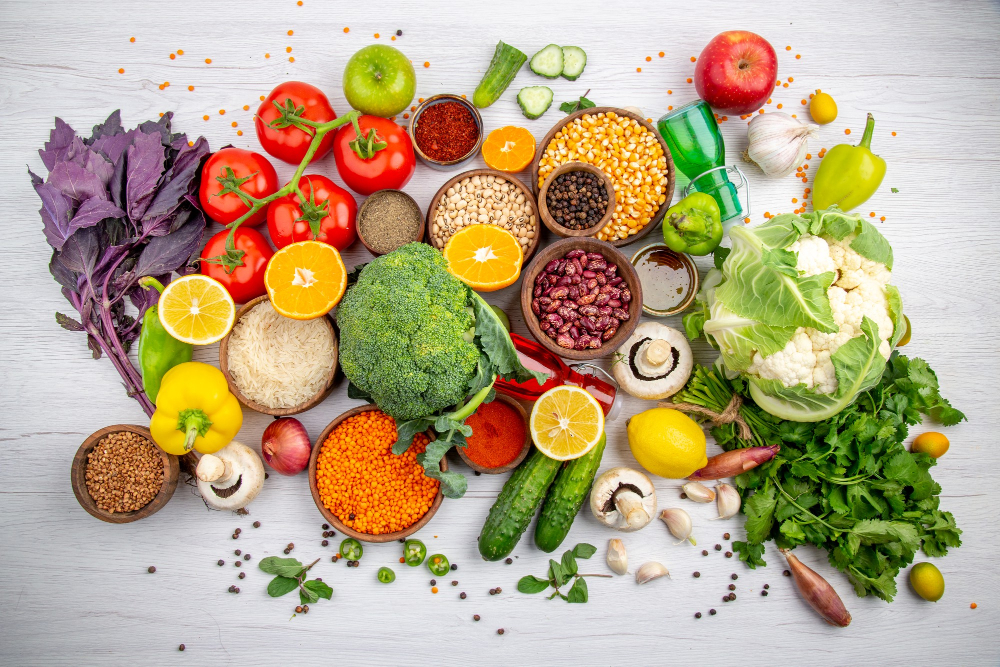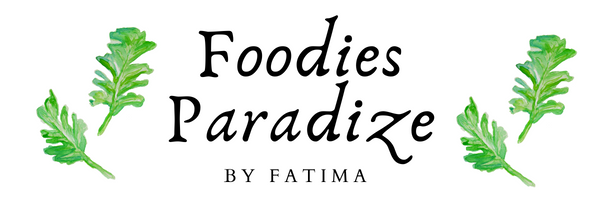Is Vegan Diet Bad For Your Health?

The Vegan Diet:
In recent years, the vegan diet has gained significant popularity, becoming more than just a dietary choice but also a lifestyle for many. Embraced by people for various reasons, including ethical, environmental, and health concerns, the vegan diet is all about abstaining from animal products and focusing on plant-based foods. In this blog post, we will explore what the vegan diet entails, its health benefits, potential nutritional considerations, and how it contributes to a sustainable future.
What is a Vegan Diet?
At its core, a vegan diet excludes all animal-derived products, including meat, poultry, fish, dairy, eggs, and even honey. Instead, it revolves around plant-based foods such as fruits, vegetables, legumes, grains, nuts, and seeds. Some vegans also avoid using or wearing animal-based products like leather or wool, aiming to reduce their overall impact on animals and the environment.
Is vegan diet bad for your health?
The question of whether a vegan diet is bad for health is a complex and debated topic. A well-planned vegan diet can be nutritionally adequate and offer numerous health benefits. However, it requires careful attention to ensure all essential nutrients are obtained.
Pros of a Vegan Diet for Health:
- Lower Risk of Chronic Diseases: Studies have shown that vegans generally have a lower risk of heart disease, hypertension, and certain cancers due to their plant-based diet’s lower saturated fat and cholesterol content.
- Weight Management: A vegan diet can aid in weight loss and weight management due to its high fiber and low-calorie nature.
- Improved Digestion: Plant-based diets are typically rich in fiber, promoting better digestive health and reducing the risk of constipation.
- Increased Antioxidant Intake: Fruits, vegetables, and legumes in a vegan diet provide a wide range of antioxidants that can protect cells from oxidative stress.
- Environmental Benefits: Adopting a vegan diet can have a positive impact on the environment by reducing greenhouse gas emissions and land use associated with animal agriculture.
Cons of a Vegan Diet for Health:
- Nutritional Deficiencies: A poorly planned vegan diet can lead to deficiencies in nutrients like vitamin B12, vitamin D, calcium, iron, omega-3 fatty acids, and protein. Supplementation or careful food choices are essential to prevent deficiencies.
- Protein Quality: Plant-based protein sources may not always contain all essential amino acids, making it necessary to combine different plant proteins to ensure adequate protein intake.
- Limited Food Choices: Being vegan may limit food choices, especially in non-vegan-friendly environments, which may require more effort to maintain a balanced diet.
- Social and Cultural Challenges: Vegans may face challenges in social situations or when dining out, making it important to plan ahead and communicate dietary preferences.
- Potential Overreliance on Processed Foods: Some vegans may rely heavily on processed vegan alternatives, which can be high in added sugars, salt, and unhealthy fats.
Key Nutritional Considerations For Vegan Diet
While the vegan diet offers many health benefits, it requires careful attention to certain nutrients that are more commonly found in animal products. To ensure a balanced and nutritionally adequate diet, vegans should pay attention to the following nutrients:
- Protein: Include a variety of plant-based protein sources such as beans, lentils, tofu, tempeh, quinoa, and nuts to meet protein requirements.
- Vitamin B12: Since B12 is mainly found in animal products, vegans should consider fortified foods or supplements to meet their B12 needs.
- Calcium: Consume calcium-rich plant foods like fortified plant milks, leafy greens, and fortified orange juice to support bone health.
- Iron: Plant-based iron sources include beans, lentils, tofu, and dark leafy greens. Pairing these with vitamin C-rich foods can enhance iron absorption.
- Omega-3 Fatty Acids: Include flaxseeds, chia seeds, hemp seeds, walnuts, and algae-based supplements to ensure an adequate intake of omega-3 fatty acids.
How to Start a Vegan Journey
Transitioning to a vegan diet can be a gradual process, and there is no one-size-fits-all approach. Here are some tips to get started:
- Educate Yourself: Learn about vegan nutrition, recipe ideas, and ingredient substitutions to make the transition easier.
- Start Slowly: Begin by incorporating more plant-based meals into your diet and gradually reduce animal products.
- Experiment with New Foods: Explore the wide variety of plant-based foods and flavors available.
- Seek Support: Connect with the vegan community or join online groups for advice, recipes, and encouragement.
- Be Mindful of Nutrient Intake: Ensure you are meeting your nutritional needs by incorporating a diverse range of plant foods.
In summary, a well-planned vegan diet can be healthy and nutritionally adequate for people of all ages. However, it requires careful attention to nutrient intake and may not be suitable for everyone, especially without proper planning or when specific nutritional needs must be met. Consulting with a registered dietitian or healthcare professional is recommended before adopting any major dietary changes.
